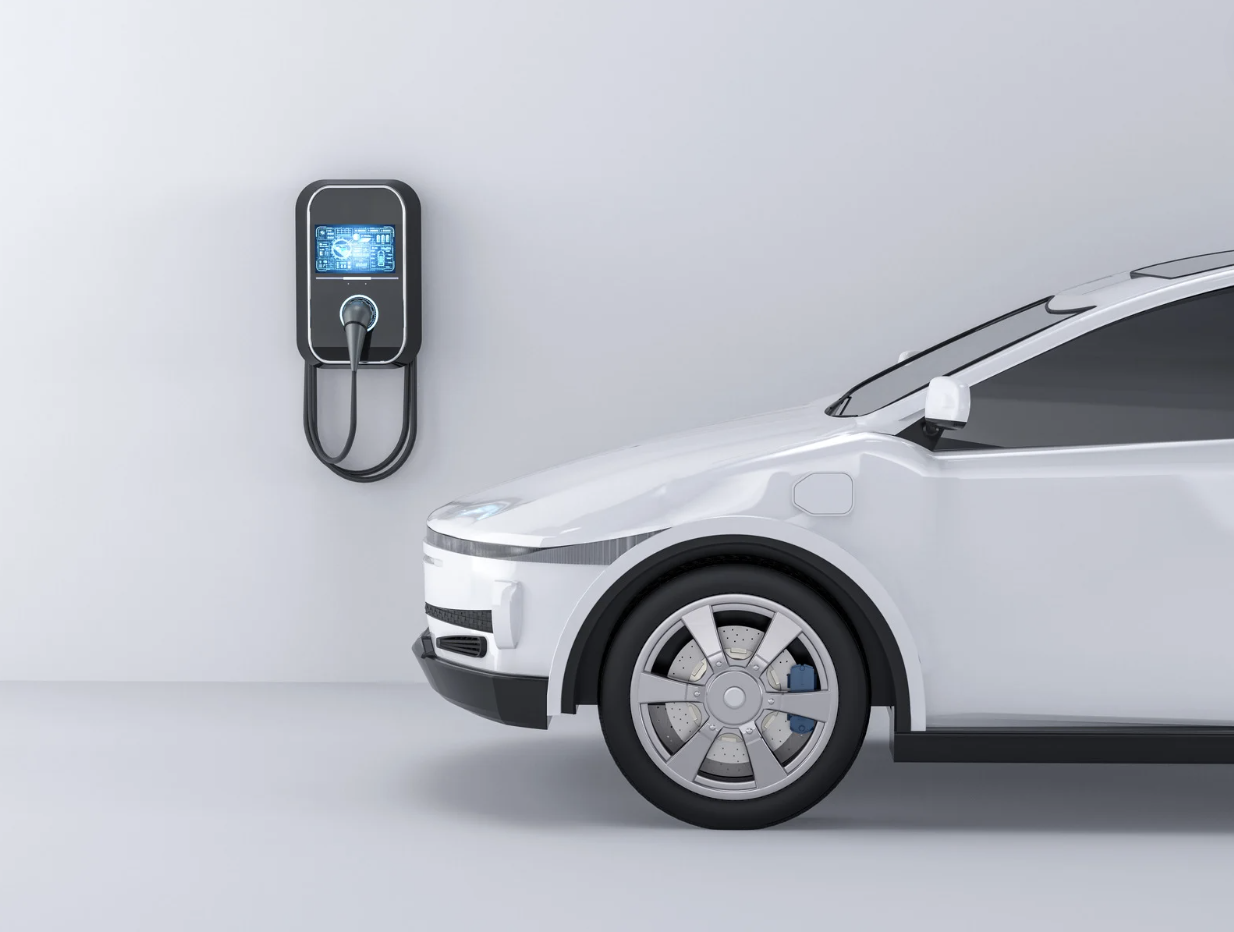Canada announced on Monday that it will impose a 100% import tariff on electric vehicles (EVs) manufactured in China, citing concerns about unfair competition. This decision aligns with similar measures recently taken by the United States and the European Union, which have also introduced tariffs in response to perceived unfair subsidies by China.
Currently, Canada imposes a 6.1% tariff on Chinese-made EVs. However, the new 100% tariff will come into effect on October 1. Additionally, Canada will implement a 25% tariff on steel and aluminum imports from China, starting October 15. China is the third-largest source of steel imports for Canada, according to the Canadian Steel Producers Association.
The Canadian government’s finance department stated that the country’s EV, steel, and aluminum industries face “unfair competition” due to China’s trade practices. Both the U.S. and the EU have made similar claims, pointing to what they describe as China’s “overcapacity” in these sectors. China has dismissed these allegations as “groundless.”
The Canadian government has emphasized that these tariffs are intended to “level the playing field for Canadian workers” and enhance the competitiveness of Canada’s domestic EV, steel, and aluminum producers both at home and abroad. The effectiveness of these measures will be reviewed one year after their implementation, with the possibility of extending or introducing additional measures.
This move follows the Biden Administration’s decision in May to impose a 100% tariff on Chinese EVs. The European Union also increased tariffs on Chinese-made EVs in July but later reduced some of these tariffs on vehicles from Tesla and other Chinese EV manufacturers.
Chinese Official Criticizes EU’s Probe Into Chinese Electric Cars As Selective & Unreliable
In response to Canada’s decision, a spokesperson for the Chinese Embassy in Canada expressed “strong dissatisfaction and resolute opposition.” The spokesperson argued that the tariffs violate World Trade Organization (WTO) rules and could harm trade and economic cooperation between the two countries. China has warned that it will take necessary actions to protect its businesses.
The spokesperson also highlighted that the success of China’s EV industry stems from “persistent technological innovation, well-established industrial and supply chains, and full market competition,” rather than government subsidies.
Chinese EV manufacturer BYD established its first bus assembly plant in Canada in June 2019 and has since launched electric buses in Toronto. However, Chinese EV brands remain relatively minor players in the Canadian market, according to Chinese state media outlet Global Times.
Automobile imports from China to Canada’s largest port in Vancouver increased by 460% year over year, reaching 44,356 units in 2023. This surge was largely due to Tesla shipping EVs manufactured at its Shanghai factory to Canada, as reported by Reuters. Tesla has not yet commented on the situation.
In addition to the EV tariffs, Canada plans to conduct a review of other critical industries, including batteries, semiconductors, and solar products, to assess their importance to the country’s economic and strategic interests.





